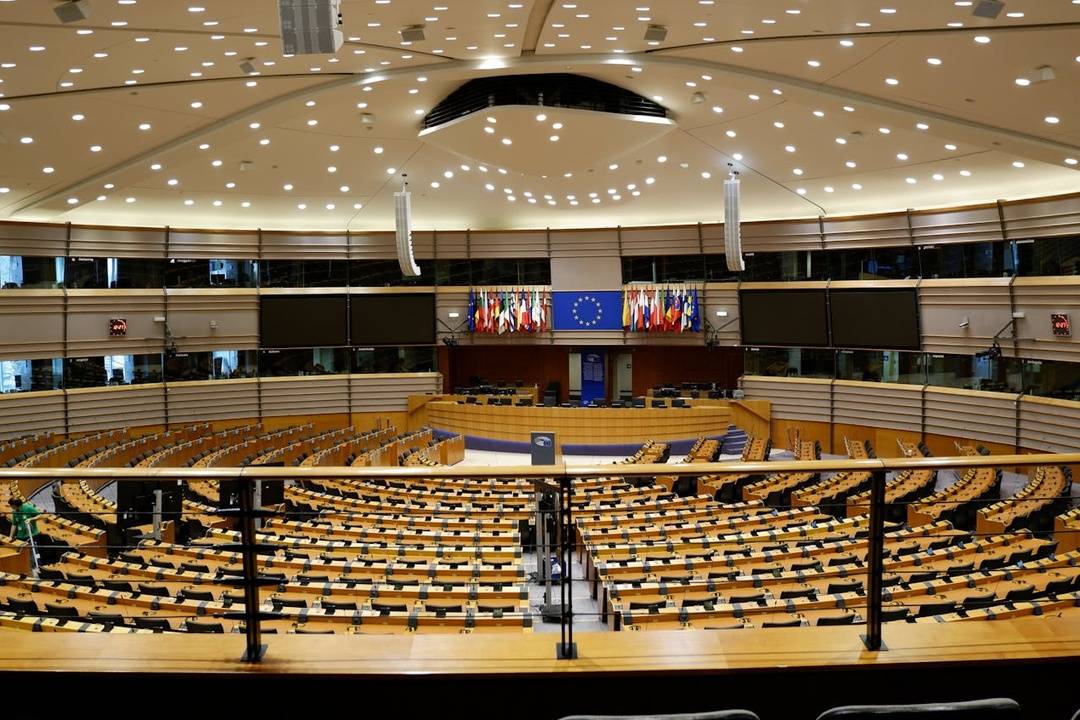Energy Management: what are the challenges for companies

Energy Management for businesses and communities falls at the crossroads of many ambitions. Whether for cost reduction purposes, for decarbonisation, or for adaptations to new regulations now entering into force, a transition towards a considered and sustainable energy consumption has become a necessity.
Energy Management is now an essential practice in any business or company. But what does this Energy Management mean exactly, and what are its challenges for the entrepreneurial world of tomorrow?
Energy Management: what is it exactly?
Energy Management designates an approach a company undertakes to comprehensively manage its total energy consumption. It involves analysing energy data, for example, from buildings and production facilities, and looking for where and how to reduce consumption.
Energy Management is therefore the name of a process for companies, and should not to be confused with the term Energy Management System (EMS), which is a tool at the service of this purpose.

Energy Management: how crucial is it?
An economic concern
With the rise in gas, electricity and coal prices, monitoring and controlling your energy consumption has become absolutely essential for businesses. Financially speaking, significant savings can be made from better energy management. For example, according to data from the Energy Performance Network (Réseau pour la Performance Énergétique - RPE) promoted by EDF employees in France, energy saving measures and good practices have allowed 16 companies in the Aquitaine Nord region to bring their energy bills already down by 10 to 20% in only two years.
An ethical and environmental concern
It is also in the face of the environmental emergency that companies have a crucial role to play, with it being imperative not only to reduce greenhouse gas emissions, but also to adopt better energy management process to deal with resources that are limited or at a premium.
The two aspects are of course often linked. The Belgian plant products company Alpro, for example, has reduced its per-product greenhouse gas emissions by as much as 35%, while, at the same time, drastically reducing energy consumption in its factories.
New legislation
Notably, the European Union has set the goal of carbon neutrality for all member states by 2025. As part of the Green Deal agreed in 2019, the European Commission presented, in July 2021, a set of proposals which it named “Fit For 55”, calling for a renewed push for energy sustainability by 2055.
One issue addressed is that of poorly insulated buildings and building energy efficiency in general, whether under construction, or already built. If the related proposal is applied, the public sector will have to face renovating 3% of its buildings each year.
Accordingly, in many countries around the world, various new regulations, laws, standards and proposals, aimed at improving energy management, are now emerging, and forcing companies to comply.

A case study: regulations in France
• The ISO 50001 standard helps organizations develop virtuous energy management and therefore achieve significant performance improvements. Published in 2011, it was revised in 2018, and sets out a precise framework for energy management.
• The Tertiary Decree, on the other hand, imposes a 50% reduction in energy consumption for tertiary sector buildings with surface areas greater than 1,000 m² by 2050.
• Finally, the Building Automation & Control Systems Decree sets the objective of equipping non-residential tertiary sector buildings with building automation and energy control systems by the 1st of January 2025.
Each building must also report on its energy consumption indicators on the OPERAT platform of the Environment and Energy Management Agency, ADEME. All these considerations must therefore be made when developing a corporate global energy policy aimed at energy consumption efficiency. But how precisely can this be done?
Energy Management tools
Implementing an EMS
An EMS, or Energy Management System, is a set of tools for measuring energy consumption. With the implementation of an EMS, adapted to the size and structure of its business, a company can assess its energy needs and improve the management of its consumption.
Compliant with the ISO 50001 standard, an EMS also makes it possible to detect excessively high energy expenditure items, and to consider solutions in response.
The call for an Energy Manager
An Energy Manager is, by now, an essential professional figure, whose task is to help businesses and communities in their pursuit of improved energy performance.
Whether internal to the company or contracted on a consulting basis, an Energy Manager’s task involves carrying out an audit and analysis of a complete set of energy consumption data. The Energy Manager then proposes the implementation of an action plan for improved performance and energy savings.
Solutions are therefore provided to companies in order to better manage their energy expenditure. However, even today, Energy Management still poses a certain number of challenges that the business world must face.
The challenges of Energy Management
Data management: cybersecurity and cyberattacks
Underpinning Energy Management is the need to collect a significant amount of data on a company’s energy consumption. This raises the problem of effective data management and protection. The threat of cyberattacks is real, and therefore companies must take care to equip themselves with effective protection systems.
Human resources: being an attractive company
The decision to initiate an Energy Management process not only has an effect on finances, but also on the entire image of the company, and can greatly influence the perception held by the general public, employees and potential new hires. This is one reason the entire Corporate Social Responsibility (CSR) approach must be involved.
Neglecting energy management goes against the growing concerns of all stakeholders. A company that commits to an objective of reducing energy costs demonstrates its attention to the world around it, and to the essential issues of today.
Such a commitment influences corporate brands and creates various positive impacts, including increased loyalty of talents and customers, and greater attractiveness as an employer on the job market.
Conversely, the absence of an energy policy can work to the great disadvantage of a company. At all levels, Energy Management must be at the heart of the strategy and governance of businesses today.
Want to stay up-to-date?
Subscribe to our newsletter and receive the news you would like to receive.
